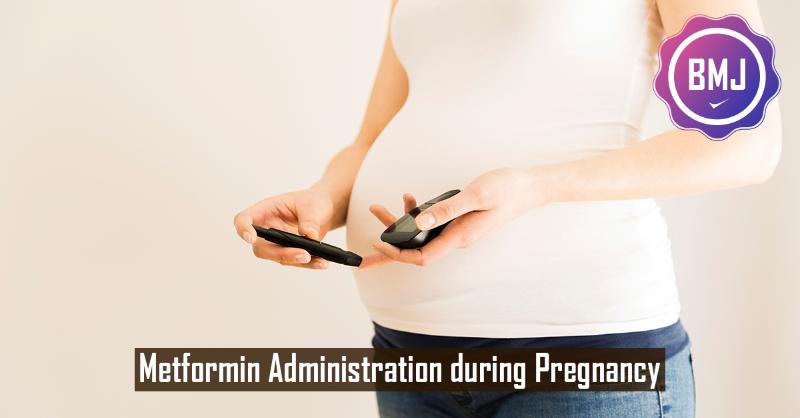Vitamin D Especially Important for Brain Health in Women, but Not in Men?
LOS ANGELES — Vitamin D is important for brain health, but this might be particularly true for women but doesn’t appear to have this beneficial effect in men, early research suggested.
The large study showed an association between greater plasma vitamin D levels in females and better memory and larger subcortical brain structures.
“We found that vitamin D for women was correlated with better cognitive outcomes, but we need to do more research to find out what role vitamin D actually plays at a mechanistic level,” study investigator Meghan Reddy, MD, Psychiatry Resident, UCLA Semel Institute for Neuroscience and Human Behavior, Los Angeles, told Medscape Medical News.
The findings were presented here at the American Psychiatric Association (APA) 2025 Annual Meeting.
Protective Effects
This latest study added to the growing body of literature of research on vitamin D and brain health. Previous studies have shown that vitamin D may influence cognition and brain function in older adults, potentially through its anti-inflammatory, antioxidant, and neuroprotective effects. Research also suggested it may promote brain health by increasing neurotrophic factors and aiding in the clearance of amyloid from the brain.
Recent findings published in the American Journal of Clinical Nutrition suggested that vitamin D may also affect biological aging by preserving telomeres — the protective caps at the ends of chromosomes that shorten with age.
Other research has also shown telomere length may help protect against brain diseases, including a study previously reported by Medscape Medical News, which linked longer leukocyte telomere length to a lower risk for stroke, dementia, and late-life depression.
In the current study, Reddy and colleagues used data from the multisite Human Connectome Project to track individuals over time to understand age-related changes in brain structure, function, and connectivity.
They are investigating various biomarkers that might correlate with aging, including hemoglobin, creatine, glycated hemoglobin (for blood glucose levels), high-density lipoprotein, and low-density lipoprotein, in addition to vitamin D.
The idea, said Reddy, is to track cognitive health using biomarkers in addition to brain imaging and cognitive testing.
The study included 1132 individuals, 57% of whom were women and 66% of whom were White. The average age was approximately 62 years, with participants ranging from 36 to 102 years old.
Participants underwent neuropsychological testing to assess short-term memory and fluid intelligence — the capacity to reason and solve problems, which is closely linked to comprehension and learning. They also provided blood samples and underwent MRI scans. Researchers divided participants into two age groups: those younger than 65 years and those 65 years or older.
The investigators found a significant association between vitamin D levels and memory in women (P = .04).
Sex Differences
The study used data from over 1,100 people (about 57% women, mostly white, average age 62) from the Human Connectome Project. Participants took memory and thinking tests, gave blood samples, and had MRI brain scans.
Researchers looked at many health markers in the blood — like vitamin D, cholesterol, and blood sugar — to see how they related to brain health.
Here’s what they found:
-
In women, higher vitamin D levels were linked to:
-
Better memory
-
Larger brain areas involved in thinking and movement (putamen and pallidum)
-
-
In men, higher vitamin D levels were not linked to better memory and were even linked to smaller brain areas
There were no clear differences based on age — the effects were tied to sex, not whether someone was younger or older than 65.
What It Means
Dr. Reddy said these results show a possible sex difference in how vitamin D affects the brain, but she cautioned that the study only looked at one point in time. More research is needed to track these changes over time and to figure out what vitamin D levels are best for brain health in women.
Dr. Badr Ratnakaran, a geriatric psychiatrist who was not involved in the study, said the findings are important because women are more likely to develop dementia, partly because they tend to live longer.
He added that vitamin D may also help with depression in older women, and since depression and dementia are often linked, this connection makes sense.
However, he warned that people should only take vitamin D supplements if they are deficient, since too much can cause side effects like kidney stones.
Source
Vitamin D Especially Important for Brain Health in Women, but Not in Men? - Medscape - May 27, 2025.
Bài viết liên quan






